The Goods and Services Tax (GST) system in India has undergone several updates since its implementation, and a recent rule change is poised to affect tenants leasing commercial properties. Effective from October 10, 2024, the GST department has introduced a new regulation under the Reverse Charge Mechanism (RCM), placing the responsibility of paying GST on tenants if their landlords are not registered under GST. While this rule aims to streamline tax compliance, it is likely to create financial challenges, particularly for small businesses, as tenants will now bear the tax burden without the ability to claim Input Tax Credit (ITC) in certain cases.
The Reverse Charge Mechanism is a system under the GST framework that shifts the liability to pay tax from the supplier (landlord) to the recipient (tenant). Traditionally, the supplier collects GST from the recipient and pays it to the government, a process known as the Forward Charge Mechanism (FCM). The new rule introduces a significant shift for tenants leasing commercial properties from landlords who are not registered under GST. Previously, tenants were exempt from paying GST if their landlord was not part of the tax system. However, the new rule mandates that even if a landlord is not registered for GST, the tenant must pay an 18% GST under the RCM, provided the tenant is registered under GST.
This change has raised concerns, especially for small businesses operating under the composition scheme. The composition scheme is designed for small taxpayers whose aggregate turnover in the preceding financial year does not exceed Rs. 75 lakh. Under this scheme, small businesses pay a fixed percentage of their turnover as GST without the need for detailed record-keeping or issuing tax invoices. However, businesses registered under the composition scheme are not eligible to claim ITC on the GST they pay for goods and services, which poses a significant challenge under the new RCM rule.
With the introduction of this rule, tenants under the composition scheme will now be required to pay the 18% GST under RCM, but they will not be able to claim ITC. This means that these businesses will face increased working capital requirements, as they will need to pay a substantial amount of tax without any form of tax credit to offset this liability. Chartered accountant Karim Lakhani noted, "If a commercial property owner is registered under GST, they collect and pay GST to the government under the forward charge mechanism. But now, even if the owner isn't registered, the tenant must pay 18% GST under RCM if they are registered. Tenants can claim ITC, but this is not possible for those under the composition scheme."
The impact of this rule is expected to be felt most acutely by small manufacturers, traders, and service providers who lease commercial spaces, such as shops, offices, industrial sheds, or warehouses. These businesses will have to bear the financial burden of paying GST on their lease agreements without the benefit of ITC, making it harder to manage their working capital and operational costs.
The new rule does not apply universally. If both the landlord and the tenant are not registered under GST, there is no GST liability under RCM. Moreover, if both parties are registered for GST or if only the landlord is registered, the Forward Charge Mechanism will apply, meaning the landlord will collect and remit GST to the government as per the usual procedure. The reverse charge mechanism comes into effect only when the landlord is not registered for GST, but the tenant is.
For tenants, this new regulation introduces additional administrative work, as they now have to manage GST compliance for their leased properties, even when their landlords are outside the tax system. Many property owners are not registered under GST, meaning tenants will need to handle RCM liabilities directly through cash or cheque payments, as they cannot use their ITC balance for these payments. This situation is particularly challenging for small businesses with tight margins, as they will need to ensure they have sufficient cash flow to meet these new tax obligations.
The sectors most likely to be affected by this change include small restaurants, retail traders, and service providers who frequently lease commercial spaces. The increased tax burden may also result in businesses raising prices to pass on the additional costs to consumers, potentially leading to higher costs in certain markets.
While the government aims to improve tax compliance, the burden now falls squarely on tenants, particularly small businesses that may struggle to manage the increased tax liability. Businesses will need to reassess their financial strategies to ensure they can meet the demands of these new tax regulations.

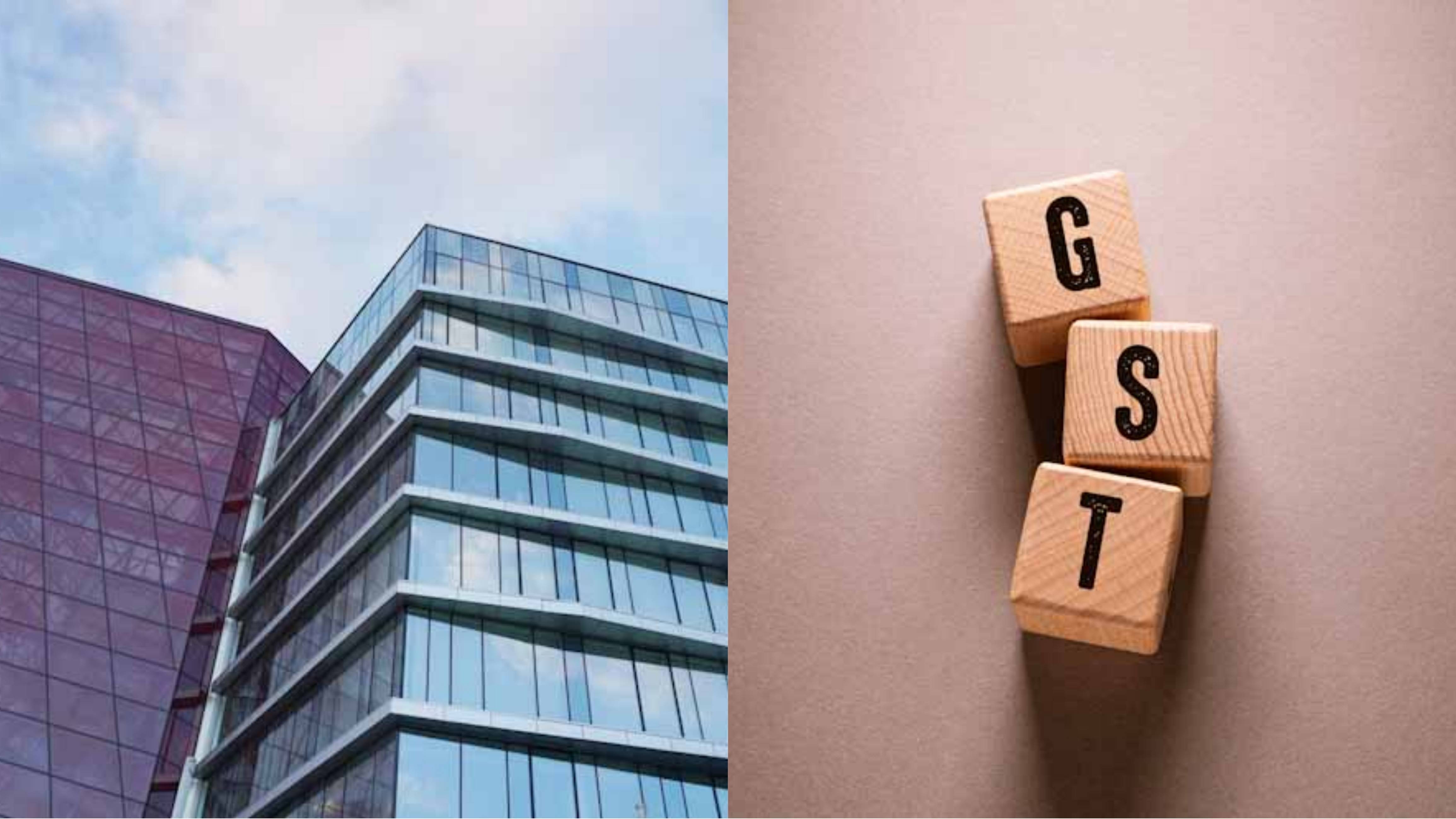

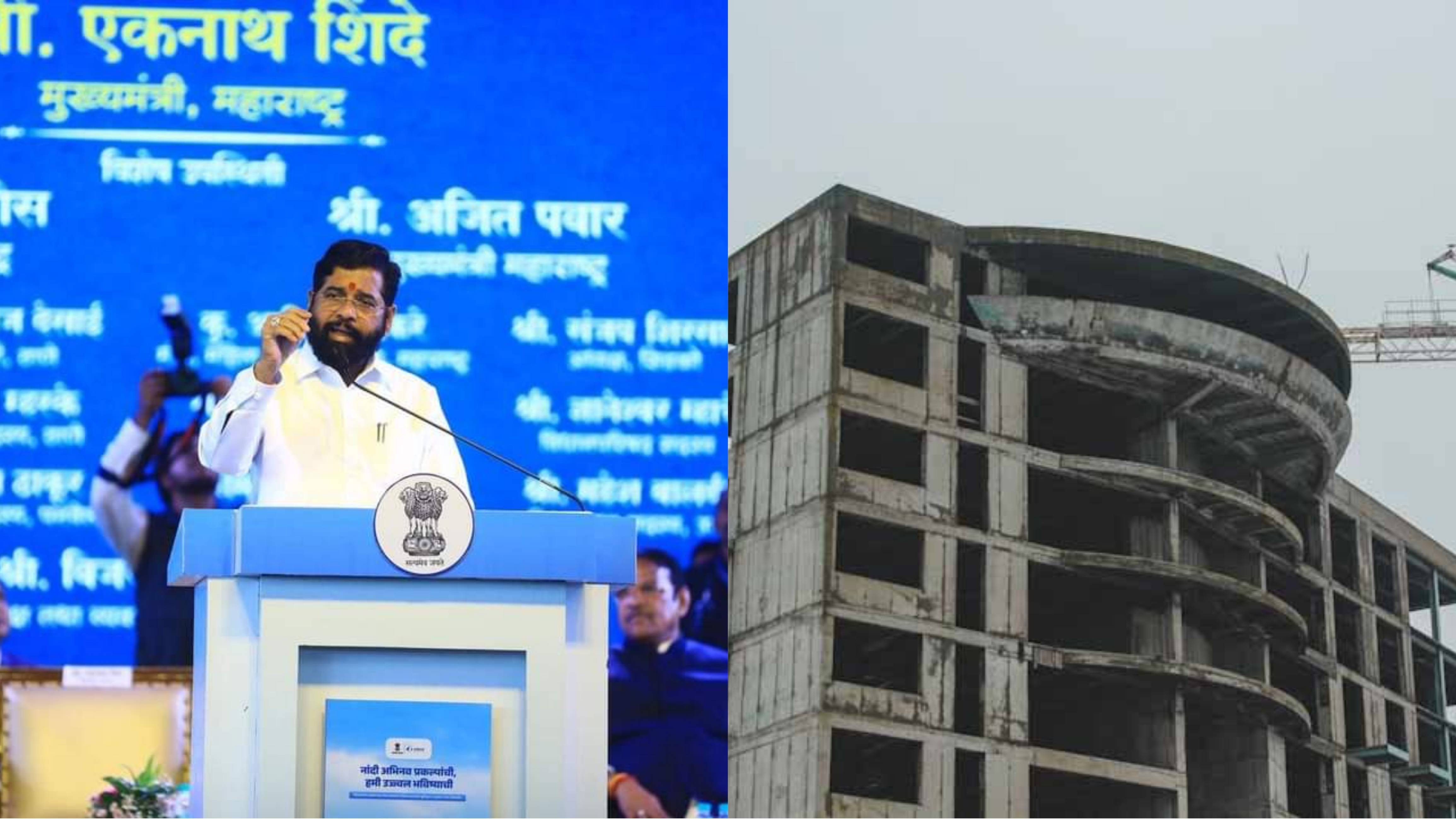
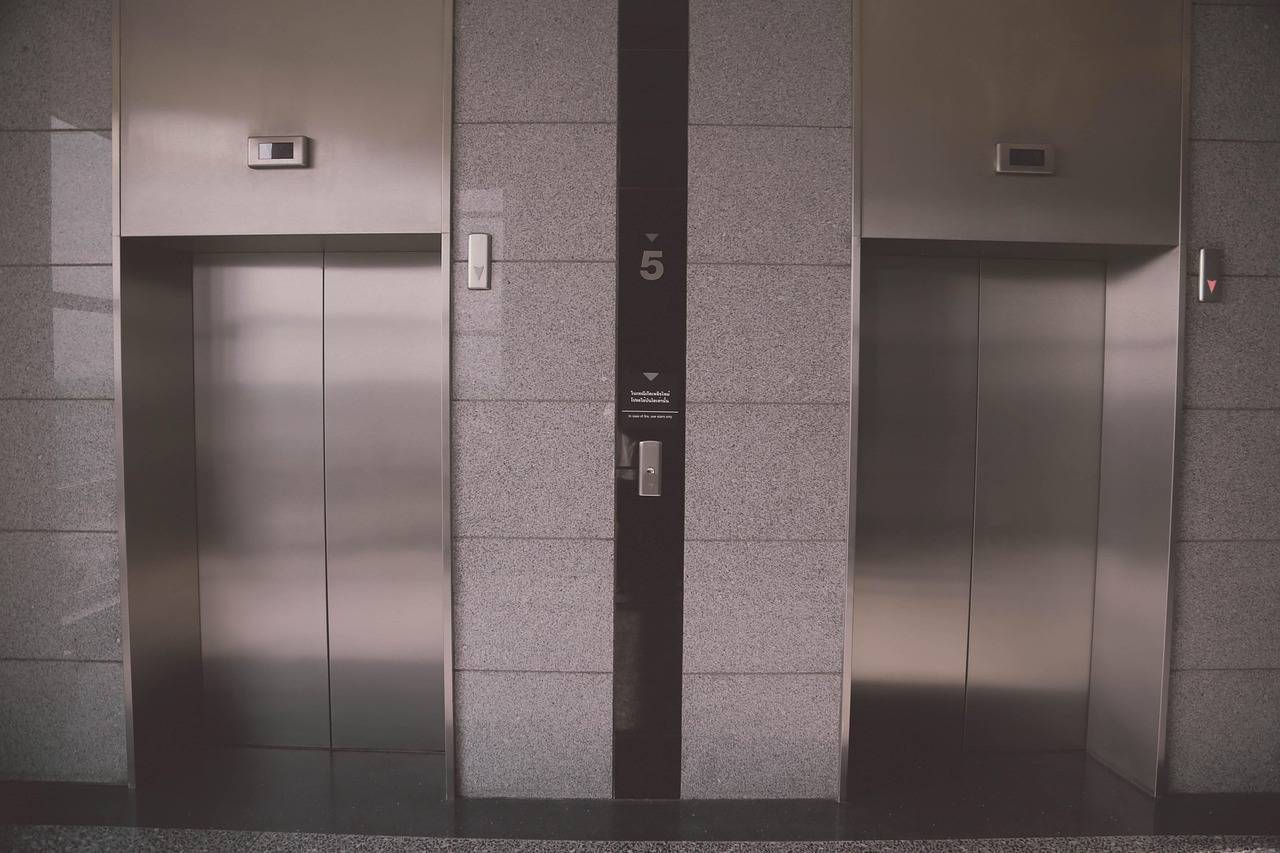


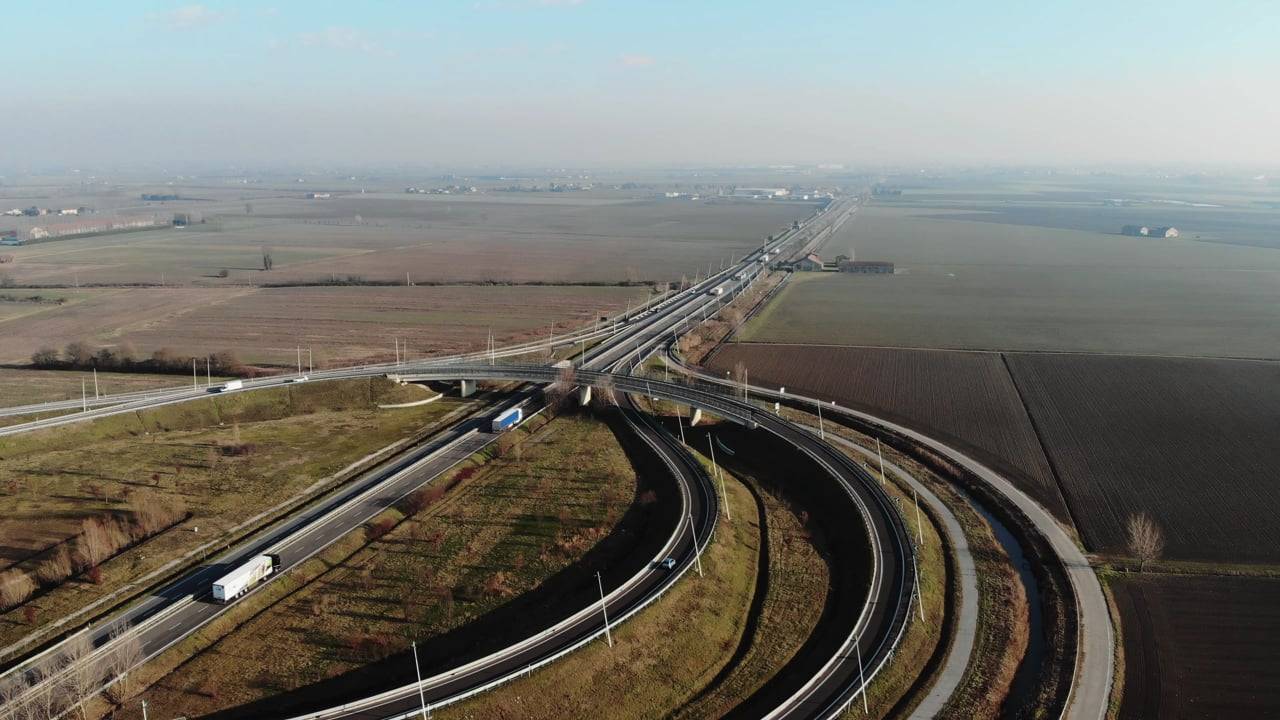
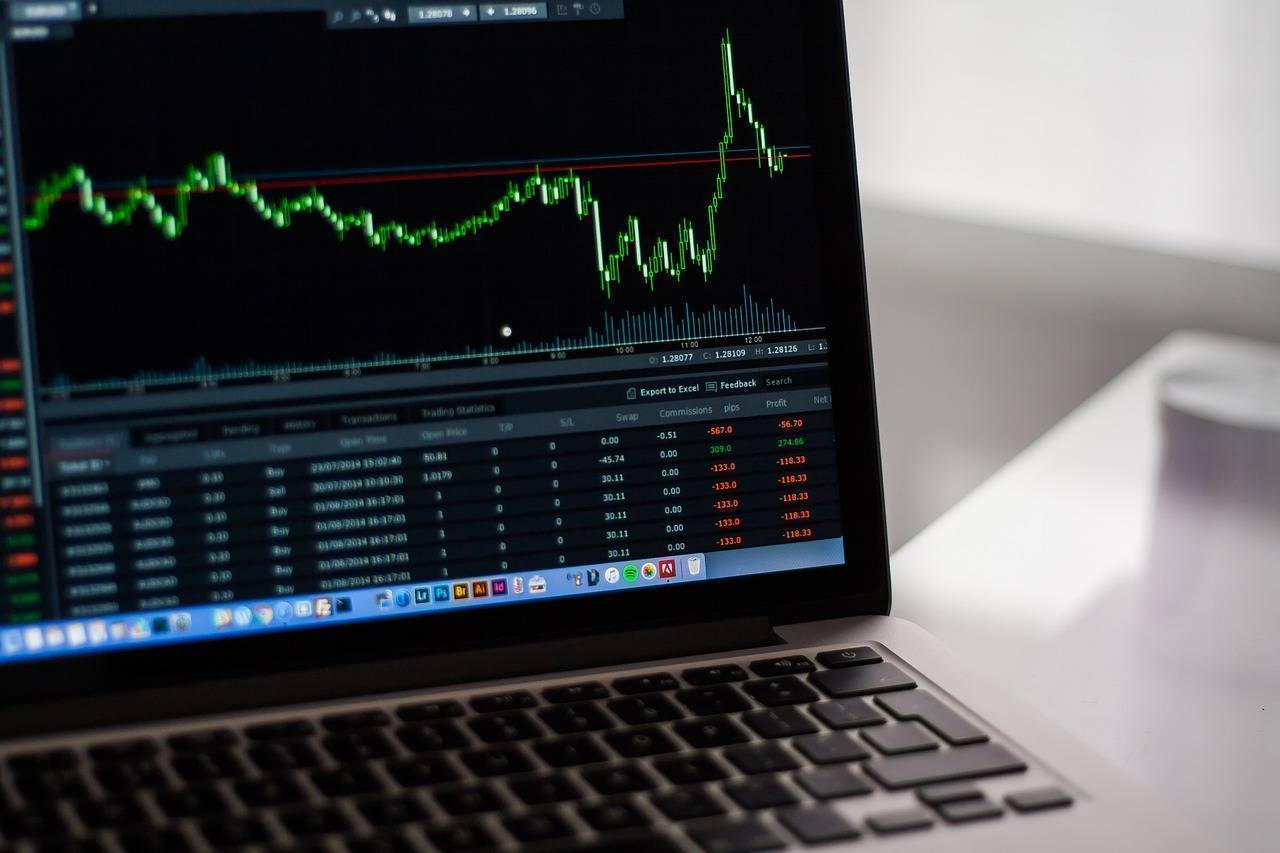
.png)